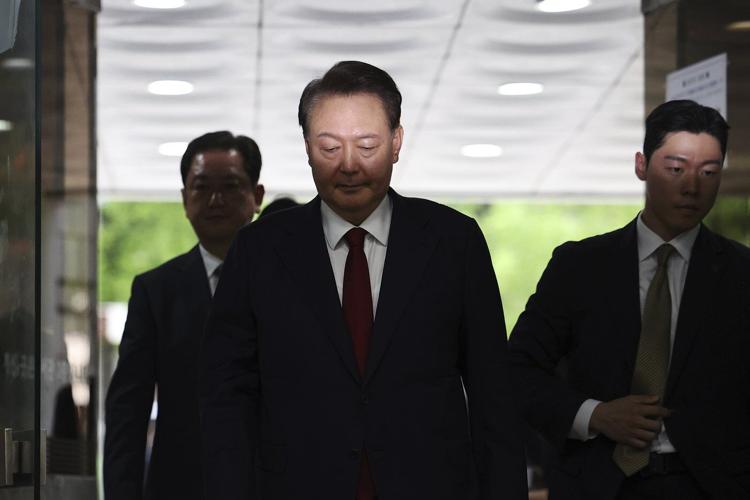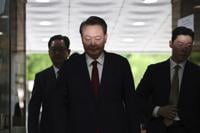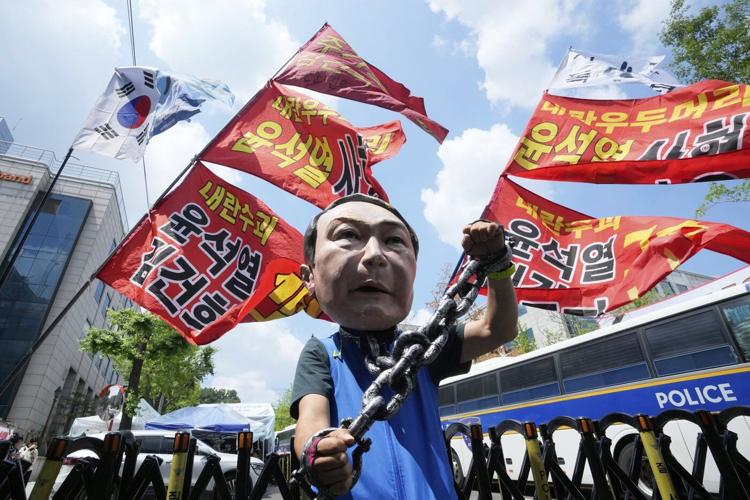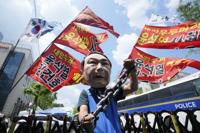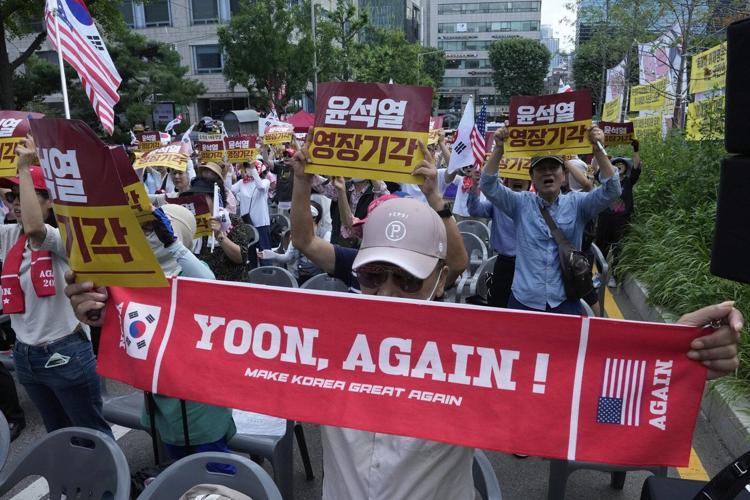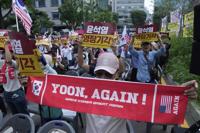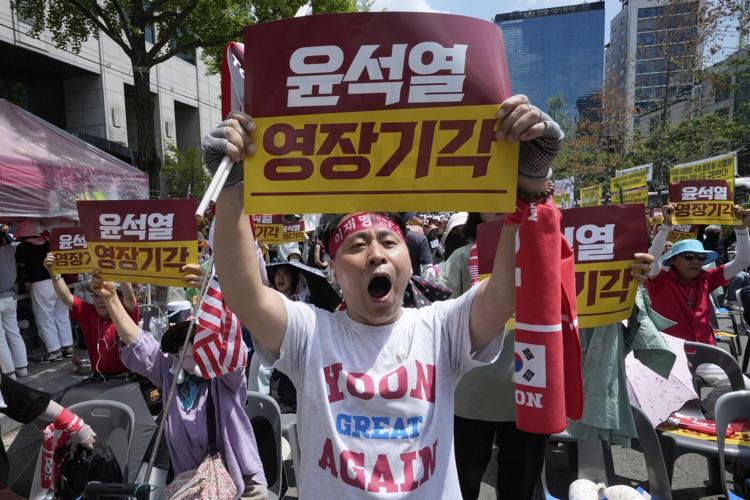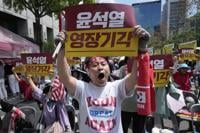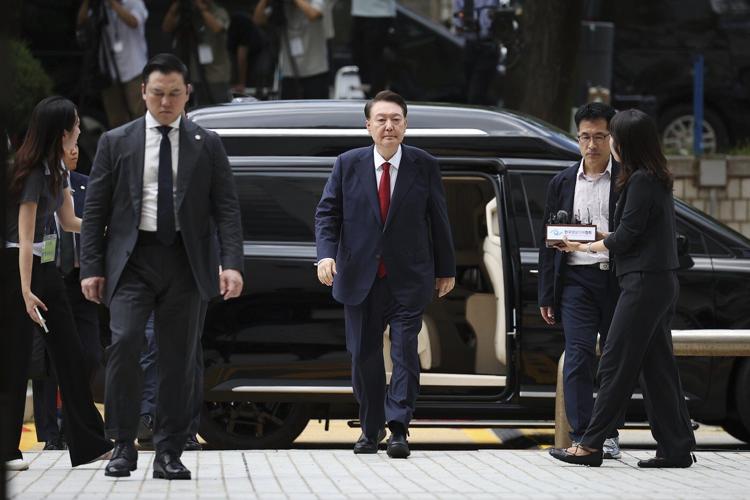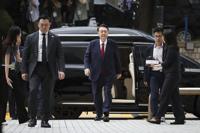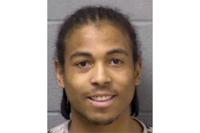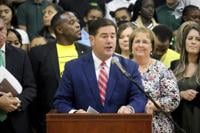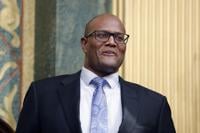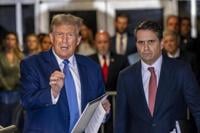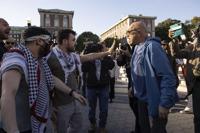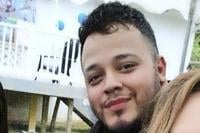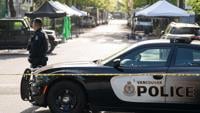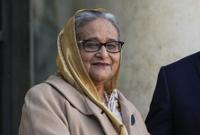SEOUL, South Korea (AP) — Four months after his release, South Korea’s disgraced former President Yoon Suk Yeol was sent back to a detention center after a Seoul court issued a warrant for his arrest Thursday.
Yoon’s brief, ill-fated led to his on charges that he directed a rebellion, which is punishable by life imprisonment or death. Prompted by concerns he might destroy evidence, Yoon’s arrest could mark the start of a prolonged period in custody as investigators pursue additional charges.
Yoon defended his martial law decree as a necessary step to quash “anti-state” liberal opponents, accusing them of abusing their legislative majority to obstruct his agenda. But the order lasted only hours, until a quorum of lawmakers broke through a blockade of heavily armed soldiers at the ��ɫֱ�� Assembly and .
Here is what Yoon faces in one of the most explosive criminal cases in South Korea’s history.
How he ended up back in a cell
Yoon’s self-inflicted downfall extended a decadeslong run of . But the outspoken conservative, , is the first South Korean president to be arrested, released and then arrested again within months.
Yoon became the country’s following a Jan. 15 raid on his official residence in Seoul by hundreds of anti-corruption investigators and police, which came 12 days after presidential security forces blocked an attempt to take him into custody.
Seoul Western District Court later granted a formal arrest warrant, citing concerns by investigators that he could destroy evidence. The decision triggered a .
Anti-corruption investigators then transferred the case to public prosecutors, who indicted him Jan. 26 on rebellion charges in the Seoul Central District Court, describing Yoon’s hourslong power grab as an illegal attempt to seize the legislature and election offices and arrest political opponents.
Following a challenge from Yoon’s defense team, the court on March 7, citing unresolved questions about whether anti-corruption investigators had proper authority to detain him.
This allowed Yoon to stand trial for rebellion without being held in custody. He also attended his impeachment trial at the Constitutional Court, which formally .
There were moments when Yoon appeared to use his freedom to display defiance, such as when he showed up at a theater in May to watch a , weeks ahead of the snap election to choose his successor.
Another attempt to arrest Yoon became predictable after the country’s new president, Lee Jae Myung, a liberal who won the June 3 vote, quickly approved legislation to launch into Yoon’s martial law debacle and other criminal allegations involving his wife and administration.
Yoon’s criminal case is now being handled by a team of investigators led by special prosecutor Cho Eun-suk, whose team questioned Yoon twice before submitting a request for his arrest warrant over the weekend.
Investigators are pursuing new charges
In their arrest warrant request, Cho’s team cited additional charges they are pushing against Yoon including obstructing official duties, abuse of power and falsifying and destroying documents.
Those charges stem from accusations that he before attempting to enact martial law, such as deliberation by a properly convened Cabinet meeting, and fabricated documents including a martial law proclamation in a belated attempt to satisfy formal requirements.
Yoon also is suspected of ordering presidential security officials to delete server records tied to “secret phones,” which refer to devices equipped with anti-wiretapping software he allegedly used to communicate with military commanders involved in carrying out the martial law order.
He also faces accusations of unlawfully deploying presidential security forces like a private army to block an initial at his residence in early January.
Yoon’s lawyers have denied all the accusations and accused the special prosecutor of conducting a rushed, unsubstantiated investigation driven by political motives.
Yoon may face extended detention
No longer afforded the security privileges of a sitting president, Yoon will give up his personal belongings, receive a serial number, undergo a health checkup, change into light-green prison clothes and be confined to a small solitary cell reportedly equipped with a television, toilet, sink, table and mattress. He will be required to wake up and go to bed at designated times, eat in his cell and wash his own dishes, according to the detention center, which did not provide further details, citing security rules.
He may have to get used to it. His new arrest could mark the beginning of an extended period in custody, potentially lasting months or longer. Yoon can initially be held at the detention center for up to 20 days while the special prosecutor aims to indict him on additional charges.
If Yoon is indicted on new charges, he could be held for up to six months until an initial court ruling. If the court convicts him and hands down a prison term, Yoon would serve his sentence even as the case potentially moves to higher courts, said Park SungBae, a lawyer specializing in criminal law.
Investigators also could extend Yoon’s detention by pursuing further charges, possibly including allegations that he deliberately sought to inflame tensions with rival to create a pretext for his authoritarian push.
“It’s possible that the verdict in the rebellion trial could take more than six months, given the large number of defendants involved ... but there’s a strong likelihood that Yoon will receive prison sentences on the other indictments before then,” said Park, who views the charges related to blocking the initial arrest attempt as particularly damaging.
Yoon’s lawyers could ask the court to review the legality of his arrest or seek his release on bail. But it’s unclear whether such efforts would succeed, given the severity of the charges and the court’s view that Yoon poses a threat to destroy evidence, Park said.

